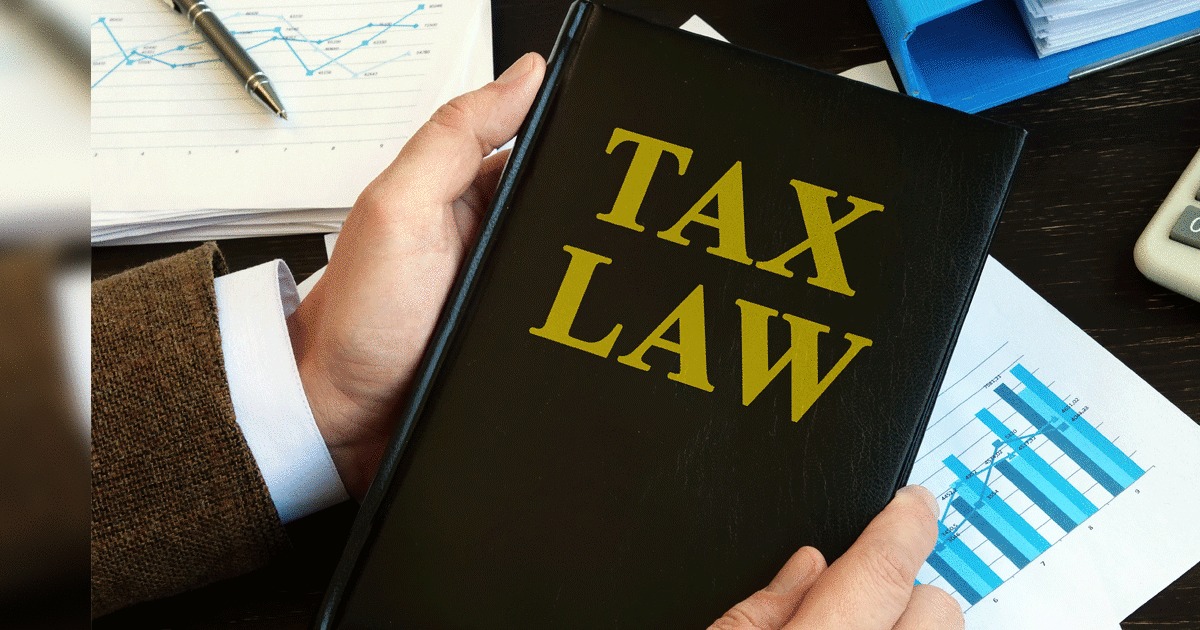Income Tax Bill 2025: Capital Gains Over Time Property taxes have not changed
By Bricksnwall | 2025-02-15

The LTCG tax, including surcharge and cess, is
calculated at the lower of 12.5% (without indexation) or 20% (with indexation)
on real estate purchased before July 23, 2024.
According to Suresh Surana, a chartered accountant
based in Mumbai, "the current provisions, including applicable tax rates,
availability of indexation benefit options for resident individuals and HUF
taxpayers, etc., remain unchanged."
Long-Term Capital Gains from Real Estate Sales
Let's examine the operation of capital gains in the
context of real estate sales. Property kept for more than 24 months before
being sold is regarded as a long-term capital asset, and any profits from its
sale are subject to long-term capital gains (LTCG) taxes.
Parizad Sirwalla, Partner and Head, Global Mobility
Services, Tax, KPMG in India, states that the LTCG will be determined by
subtracting the acquisition, improvement, and sale-related expenses from the
gross selling value.
Suppose a property is being offered for ₹1 crore.
The total deductions would be ₹62 lakh if the property was bought for ₹50 lakh,
upgrades were performed for ₹10 lakh, and sale-related expenses were paid for
with ₹2 lakh. As a result, the LTCG would be ₹1 crore (the selling price) less
₹62 lakh (the total deductions), yielding ₹38 lakh in capital gains.
Comprehending Indexation
It's critical to comprehend the idea of indexation
in this context. Indexation is a tax benefit that lowers taxable capital gains
by utilizing the Cost Inflation Index (CII) to adjust the acquisition price of
a long-term capital asset for inflation. It is applicable to assets such as
gold, real estate, and specific financial products.
By multiplying the purchase price by the Cost
Inflation Index (CII) of the selling year and dividing the result by the CII of
the purchase year, the indexed cost of acquisition is determined. Consequently,
the original cost is raised by the indexed cost of acquisition, which lowers
the taxable gain.
For instance, the indexed cost accounts for
inflation when you sell a property you purchased for ₹20 lakh in 2010 for ₹50
lakh in 2024. The indexed cost is ₹20 lakh × 363 ÷ 167, or ₹43.53 lakh, if the
Cost Inflation Index (CII) is 167 for 2010 and 363 for 2024. Therefore, rather
than ₹30 lakh, the capital gain is ₹50 lakh (selling price) - ₹43.53 lakh
(indexed cost) = ₹6.47 lakh. As a result, you pay less in taxes.
Only resident people and HUFs are eligible for this advantage, and they can assess its value for them in terms of Long Term Capital Gains (LTCG) tax in comparison to LTCG calculated without the indexation benefit, according to Surana.
The Operation of Long-Term Capital Gains Taxes
Section 112 of the Income Tax Act, 1961 (Section
197 of the Income Tax Bill, 2025) imposes a taxable gain on the sale of residential
property in India by a taxpayer or assesses. The following is the applicable
tax treatment:
The tax on such long-term capital gains (LTCG) is
calculated at 20% (with the benefit of cost indexation) plus any relevant
surcharge and cess if the transaction was completed before July 23, 2024.
The LTCG is determined by the date of acquisition
of the property in cases where the transaction was completed on or after July
23, 2024.
The tax on such LTCG, plus any relevant fee and cess, is calculated as the lower of 12.5% (without indexation) or 20% (with indexation) for property purchased before July 23, 2024. According to Sirwalla, the tax on such LTCG is calculated at 12.5% (without indexation) plus any appropriate surcharge for property purchased on or after July 23, 2024.
To further grasp this, let's look at an example.
Assume that on April 2, 2001, you paid ₹10,00,000
for a house. On February 24, 2025, you sell it for ₹50,000,000.
Since the acquisition was made before July 23,
2024, and the sale was completed on or after that date, the tax on this LTCG
[₹50,000,000 – ₹10,000,000 = ₹40,000,000] is calculated as the lower of the
following:
12.5 percent in the absence of indexation Tax @ 12.5% = ₹5,00,000 LTCG - ₹50,000,000 - ₹10,000,000 = ₹40,000,000
Or
20% (indexed)
Rs. 10,00,000 x 363/100 (CII for FY 2024-25) / CII
for FY 2001-02 = ₹36,30,000 is the indexed cost.
To calculate capital gains, divide ₹50,000,000 by
₹36,30,000, which equals ₹13,70,000.
20% tax equals ₹2,74,000.
The tax due on the LTCG of ₹40,00,000 will only be ₹2,74,000 (plus surcharge) since ₹2,74,000 is the lowest of the two.
Source: Hindustan Times







